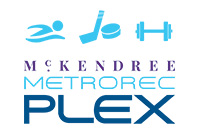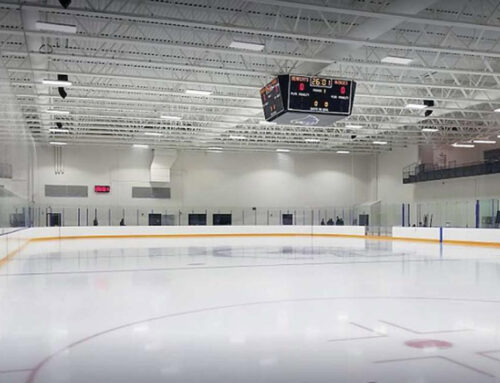Understanding the science of muscle recovery is crucial for anyone engaged in regular physical activity. It’s during this recovery period that your body adapts to the stress of exercise and real growth occurs. Here’s what happens after a workout and why recovery is so important.
- Muscle Damage and Repair
When you exercise, especially during resistance or strength training, microscopic damage occurs to your muscle fibers. This might sound alarming, but it’s a normal process and a crucial part of muscle growth. After your workout, your body goes to work repairing these damaged muscle fibers through a cellular process where it fuses muscle fibers together to form new muscle protein strands or myofibrils. These repaired myofibrils increase in thickness and number to create muscle growth, a process known as muscle hypertrophy.
- The Role of Nutrients
Nutrition plays a vital role in muscle recovery. Protein is particularly important because it provides the amino acids your body needs to repair and build new muscle tissue. Consuming carbohydrates after a workout is also crucial as it replenishes glycogen stores, your muscles’ primary energy source during high-intensity exercise.
- Inflammation and Immune Response
Exercise-induced muscle damage triggers an immune response, which includes increased activity of various immune cells and the release of cytokines. This process leads to inflammation, which, although often viewed negatively, is beneficial in this context. Inflammation helps protect and repair the injured muscle tissue, facilitating recovery and adaptation.
- The Importance of Rest
Rest is a critical component of the recovery process. During sleep, your body produces growth hormone, which plays a significant role in tissue growth and repair. Lack of adequate sleep can hinder the recovery process and negatively impact performance.
- Active Recovery
Active recovery refers to engaging in low-intensity exercise after strenuous workouts. This can help enhance blood flow to the muscles, promoting nutrient delivery and waste product removal, which can aid in the recovery process.
- The Role of Hydration
Staying hydrated is essential for optimal recovery. Water supports every metabolic function in your body, including the process of muscle repair. Dehydration can hinder the recovery process and lead to muscle fatigue.
- Adaptation Over Time
Over time, your body adapts to the stress of exercise, resulting in increased strength and endurance. This adaptation process is why consistent training is key to improving athletic performance.
In essence, muscle recovery is a complex process involving muscle repair, nutrient replenishment, immune response, rest, active recovery, hydration, and adaptation over time. Understanding this process can help you optimize your post-workout recovery for better performance and results. So, the next time you finish a workout, remember that your body is just getting started.







